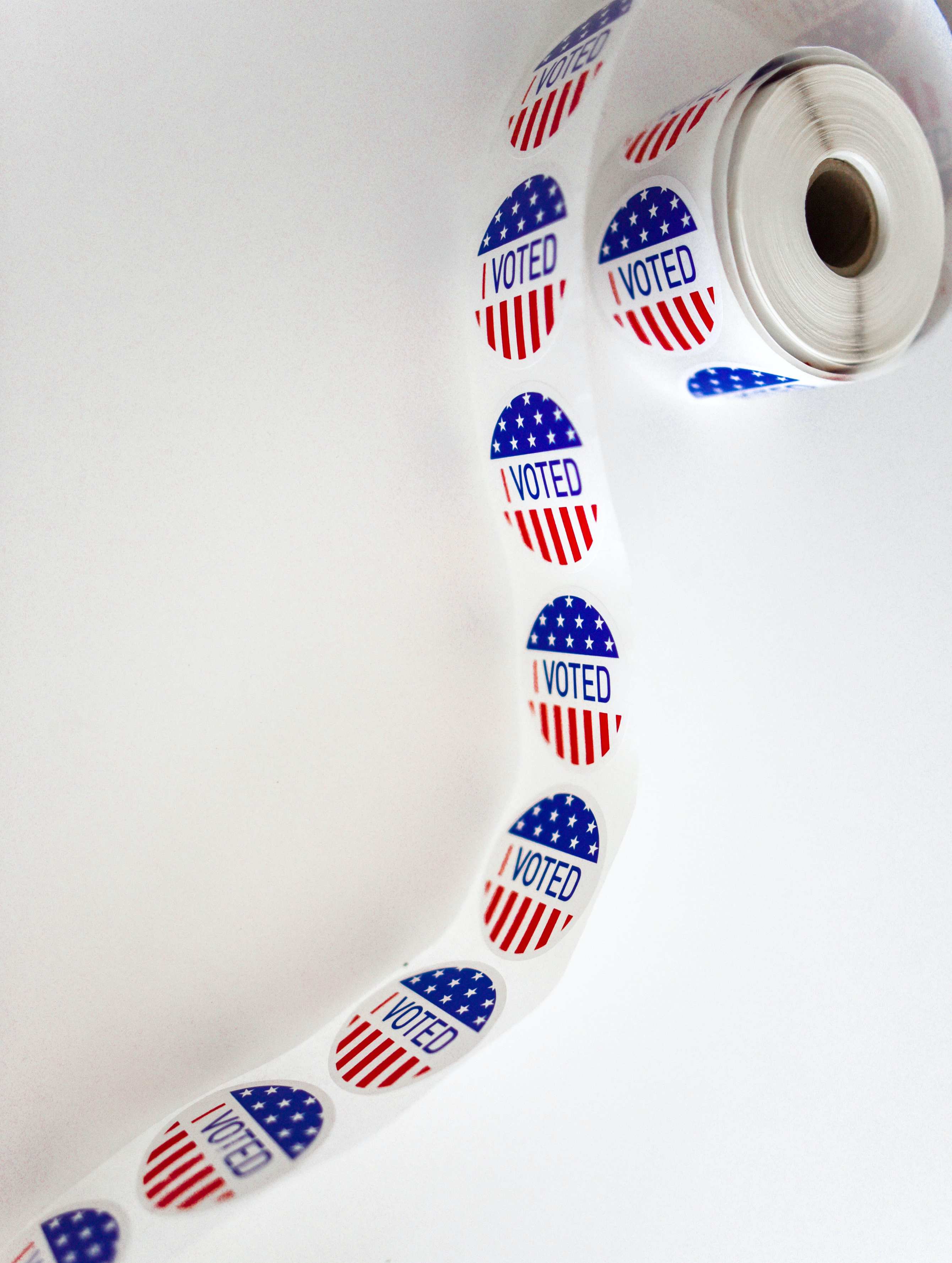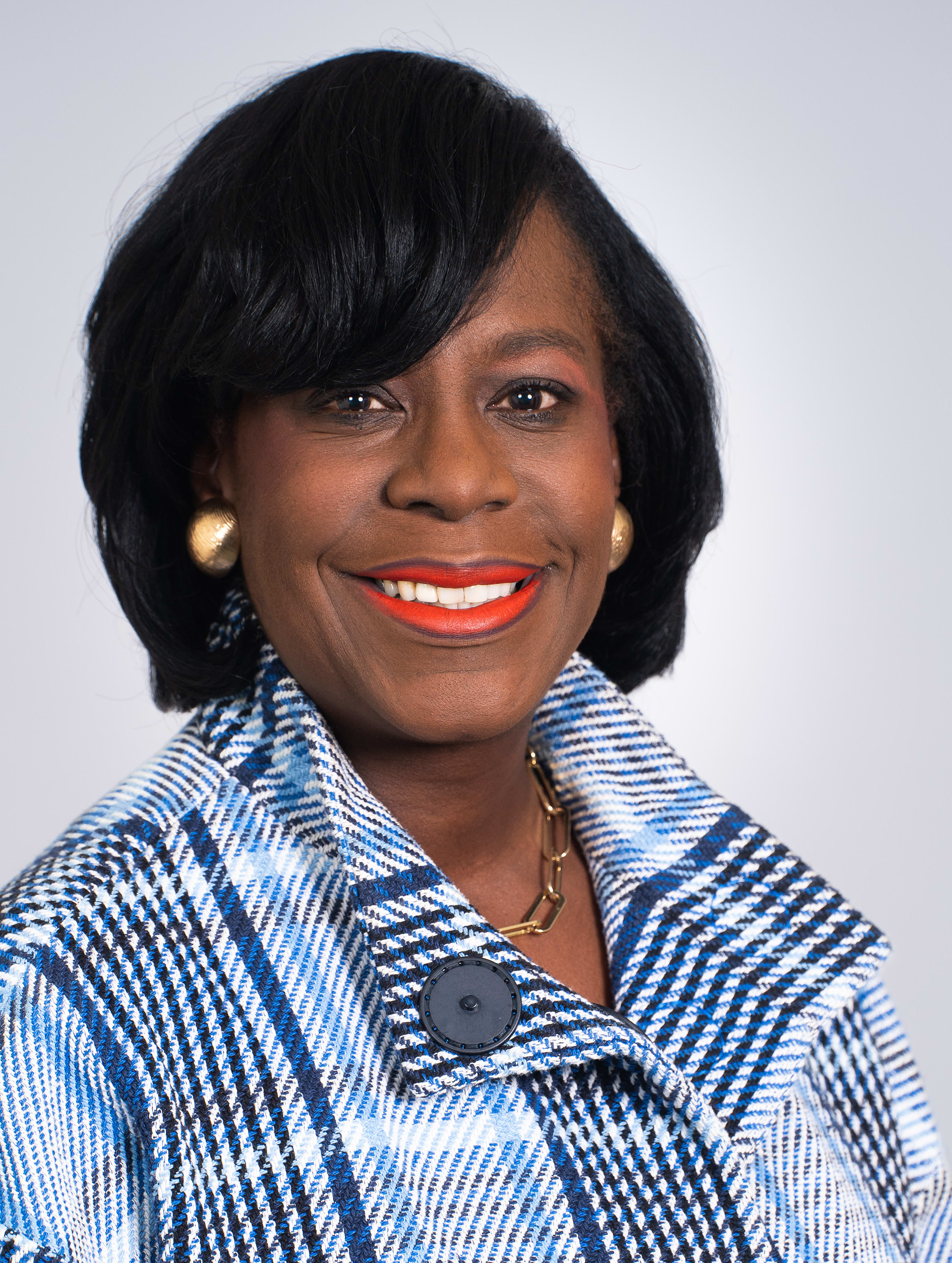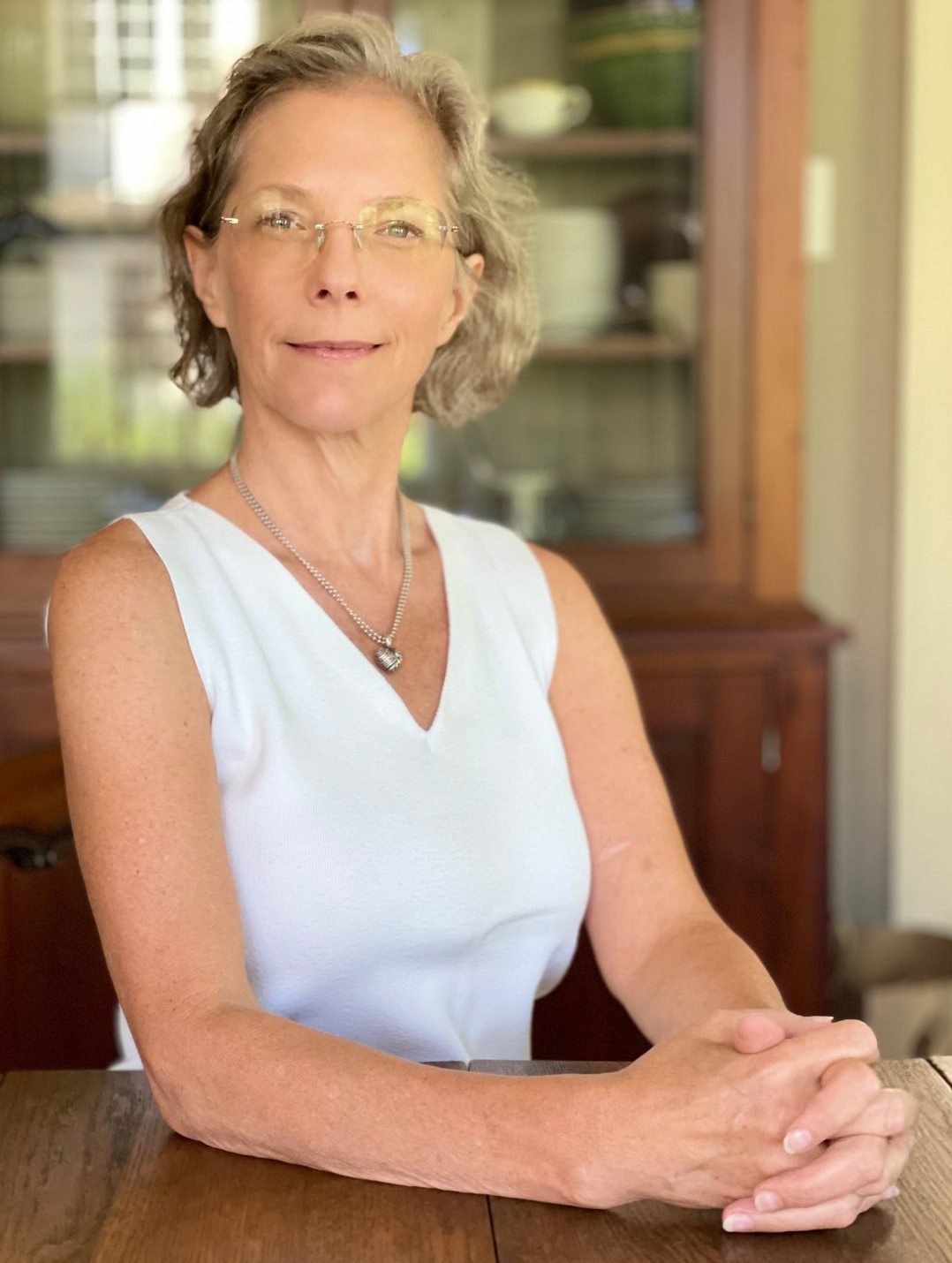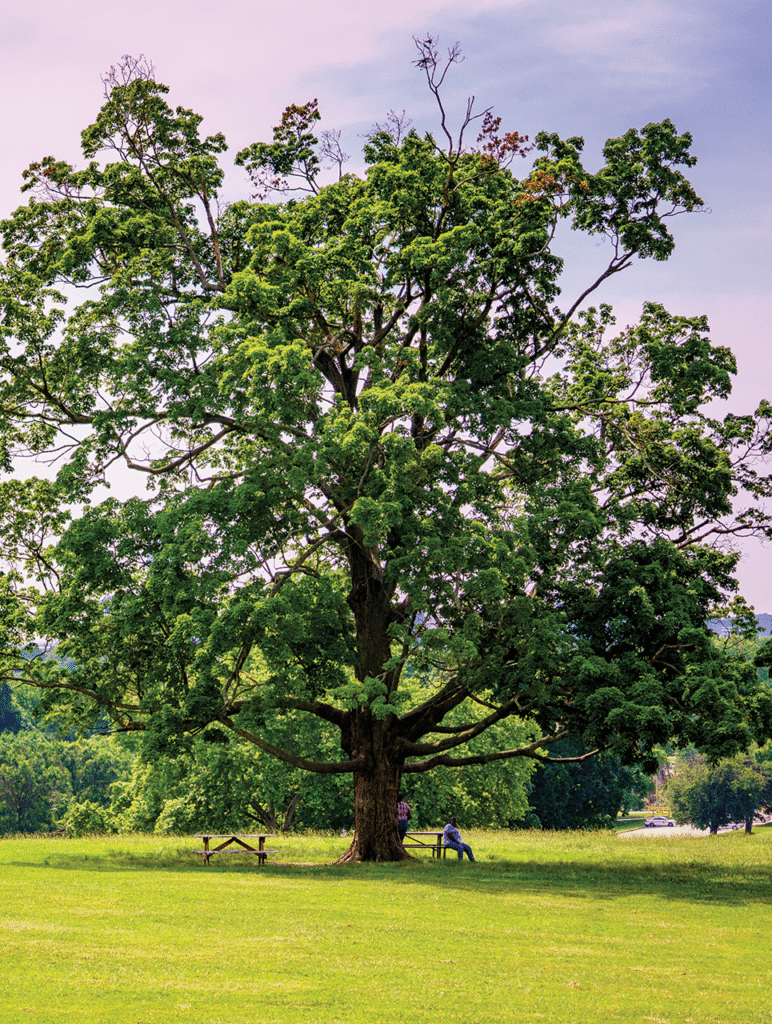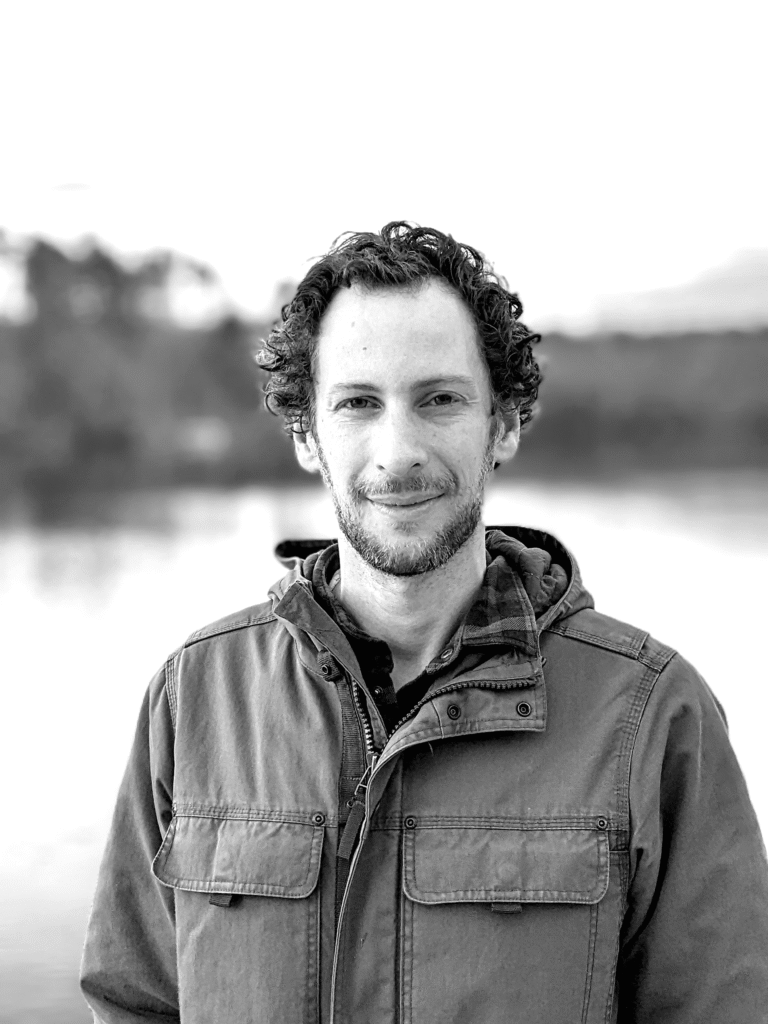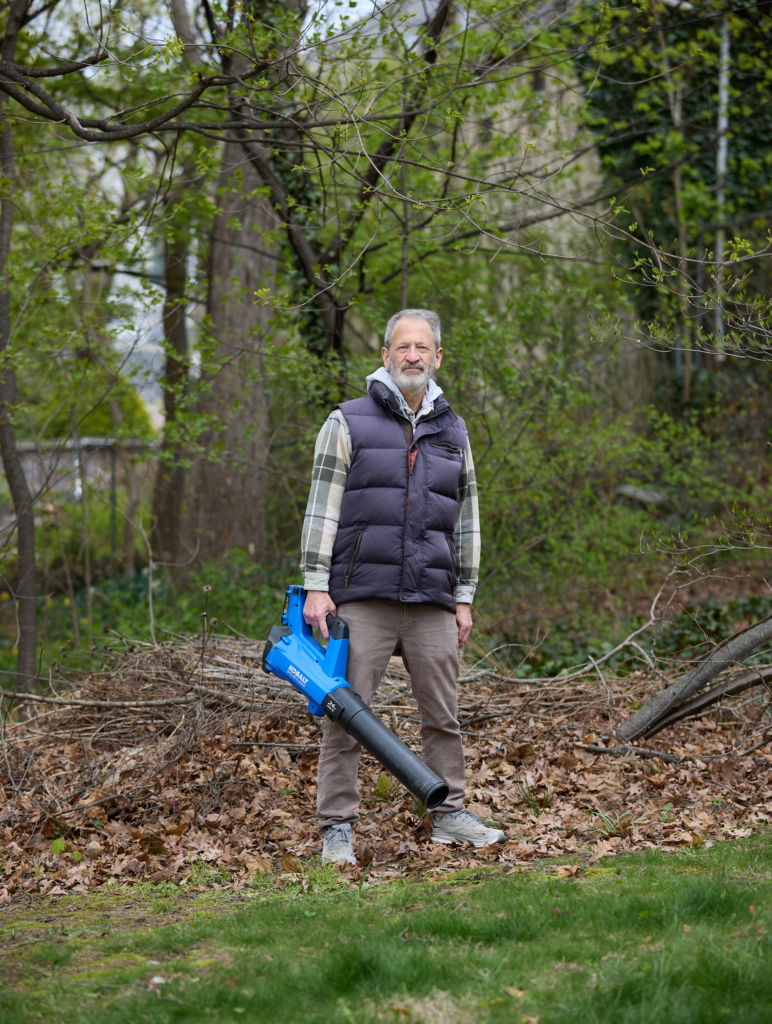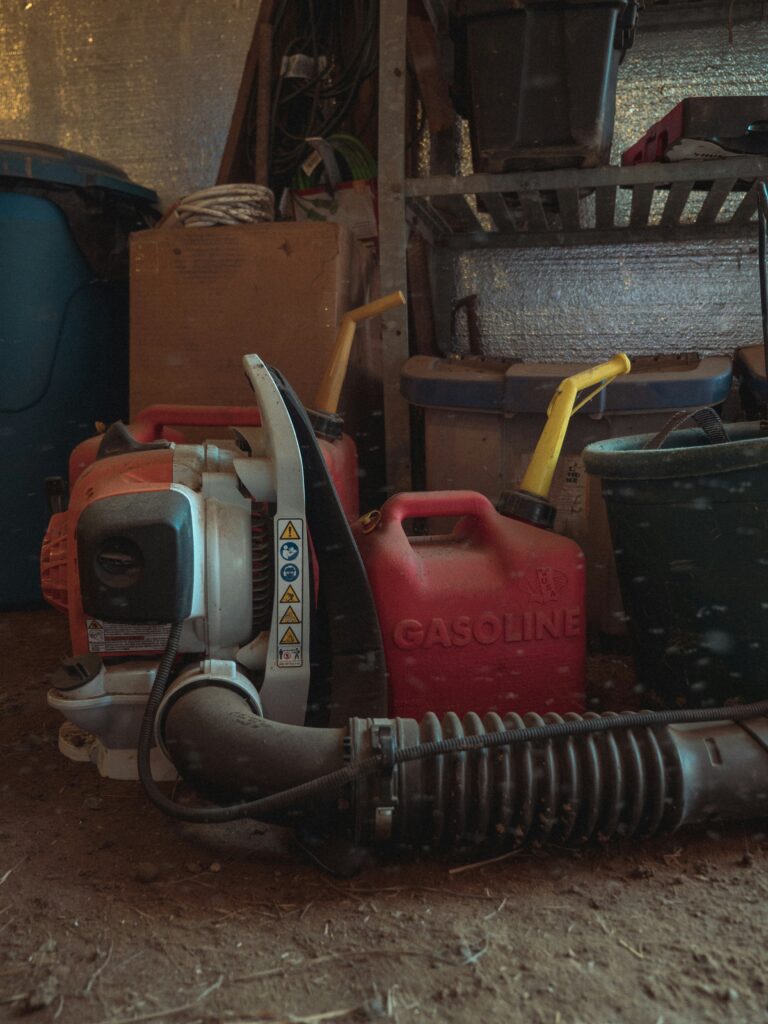Ahead of the April primary, Grid asked the mayoral candidates for their thoughts on the city’s major sustainability issues. We sent questions about municipal waste, sustainable development, parks and greenspaces, and bicycling infrastructure. Eight candidates responded by our deadline and we published their responses in a special voter’s guide issue.
Now, two candidates remain: Republican David Oh and Democrat Cherelle Parker.
Together, the two candidates have decades of public service under their belts and ample legislative experience with the issues. Moreover, since the primary they have had seven months to prepare their plans for how they would govern Philadelphia. So this time we drilled down into questions of climate change, the city’s tree canopy, parks funding, illegal dumping, air quality, and the future of the city-owned gas utility PGW.
Here are the questions we sent them:
- As Grid has reported, in 1960 the City budgeted 2.26% of the city’s budget to the Fairmount Park system. Today, by Grid’s calculations, Philadelphia’s Department of Parks and Recreation (PPR, which combines the former Fairmount Park System with Recreation) 2022 $77.8 million operations spending is about 1.4% of the city budget. According to numbers PPR reports to the Trust for Public Land’s ParkScore, Philadelphia spends $50 per capita on parks operations and maintenance, much less than the $83 national average for municipal park budgets. As a result, the city’s parks suffer from widespread understaffing and poor park and recreational facilities for Philadelphians. What do you think the right dollar amount is for PPR to spend on operations?
- In 2008, Philadelphia set a target of 30% tree canopy cover in every neighborhood of the city. Since then, tree canopy has declined across the city, indicating that tree protections are inadequate and that tree planting efforts are unable to keep pace with tree removals. Recent legislation to protect the city’s tree canopy included significant loopholes for development. What do you think should be the limits to tree removal?
- Philadelphia is seeing increasing warehouse development, which promises to bring with it increased traffic by diesel-burning trucks, particularly in environmental justice communities like Southwest Philadelphia. According to the EPA, exposure to diesel exhaust can worsen cardiovascular illness and can lead to respiratory illness such as asthma. According to the University of Pennsylvania, 21% of Philly children have asthma, more than three times the national average. How should warehouse development and diesel trucks be regulated to protect the health of Philadelphia’s youth?
- Climate change is expected to bring more frequent and intense storms to Philadelphia, even as coastal flooding worsens due to rising sea levels. Nonetheless, the City continues to approve development in flood-prone locations such as Venice Island, where residents have had to be rescued from floods by the fire department multiple times in the last decade. How should the city limit development to protect the lives and property of Philadelphians who could end up living in flood zones?
- Illegal dumping is rampant in Philadelphia, particularly in environmental justice neighborhoods. Part of the problem is that haulers and contractors have to pay per ton at local landfills and are unable to dispose of small loads at municipal facilities. Some advocates have proposed that sanitation convenience centers could address the problem by accepting small loads of construction and demolition waste for a fee. Do you support this proposal?
- The City is committed to carbon neutrality by 2050, which is difficult to achieve when houses and other buildings rely on gas stoves, furnaces, and boilers to provide heat. The PGW Business Diversification Study noted the vulnerability of PGW’s business model to increasing electrification and indicated a path forward via a transition to providing geothermal heating. What is your plan for PGW’s future?
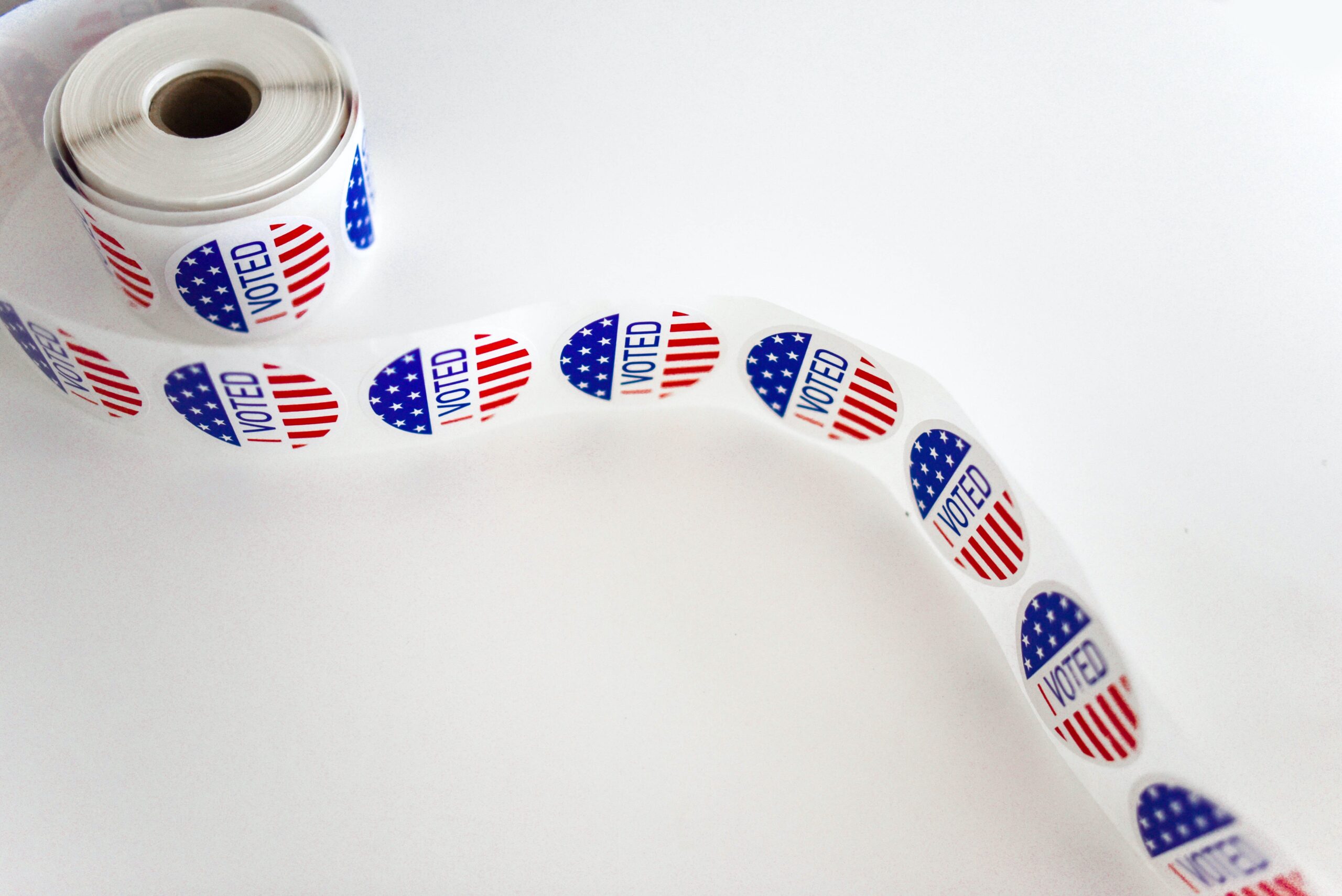
You can read the official answers from Cherelle Parker here and from David Oh here.


